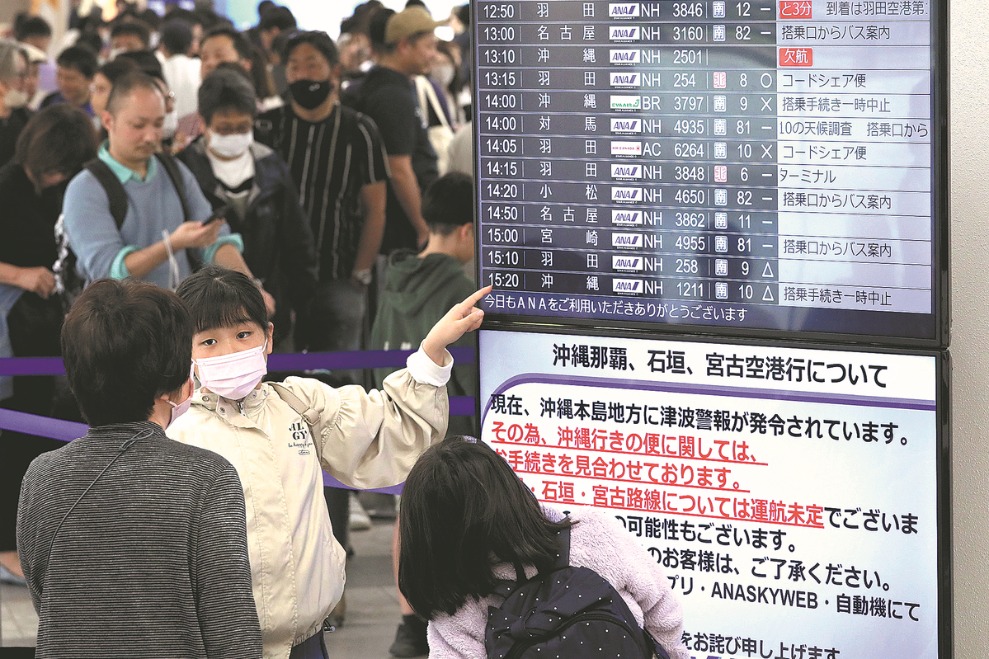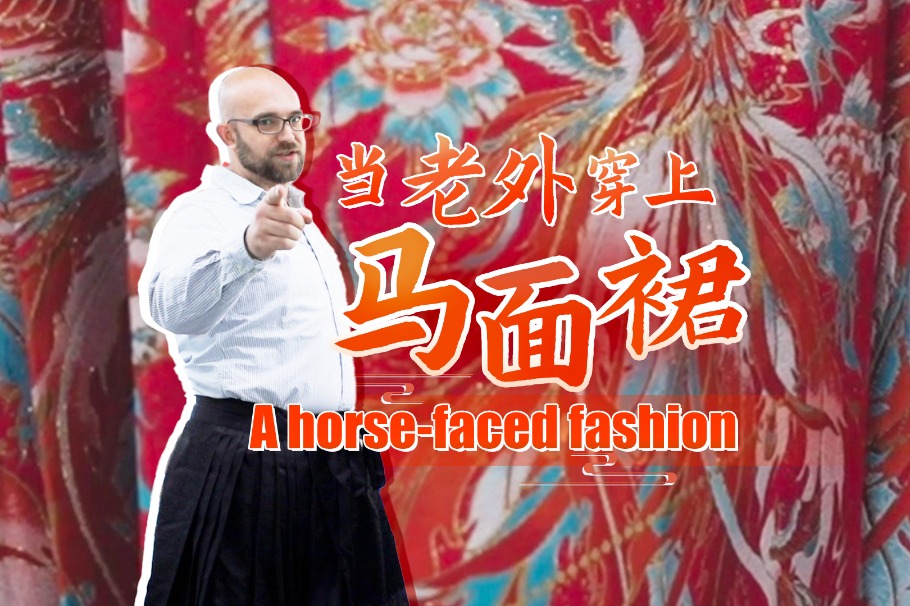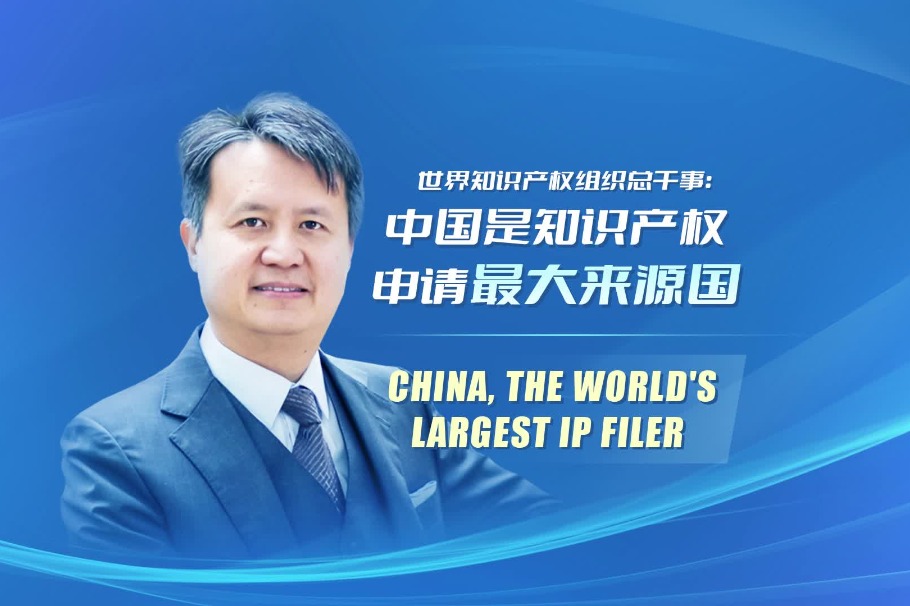'Guardrails' advised to safeguard Sino-US ties
By LIU YINMENG in Los Angeles | China Daily Global | Updated: 2022-10-13 09:46

The China-US relationship has immense implications for the rest of the world, so it should be safeguarded with "guardrails" to avoid any unintended escalation that could spiral into a direct armed conflict, a former Australian prime minister said.
"At present, we have a reality of what I describe as 'unmanaged strategic competition' and that is, there aren't many rules of the road left anymore. There aren't any real guardrails," Kevin Rudd said.
Rudd, now president and CEO of Asia Society, made his comments on the China-US relationship at the University of Southern California on Friday. He described current China-US relations as two neighbors welding away in a backyard workshop without wearing rubber-soled shoes, with exposed wires and cables lying everywhere, water on the floor and sparks flying.
"When the political and diplomatic insulation is stripped away from the relationship altogether, which largely happened during the period of the Trump administration, you have exposed wires," Rudd said.
The daily equilibrium in national security terms is established to a series of "push and shove" between the two powers.
"When you have this rolling exercise of push and shove, it doesn't take a lot of imagination to construct a scenario whereby incident, collision of two ships creates crisis, creates escalation, creates conflict and creates war. And regrettably, history is full of such examples. Think 1914," Rudd said.
To avoid such scenario from unfolding, he proposed what he called "managed competition". It calls on the two sides to agree on guardrails, or strategic "rules of the road" to reduce, if not eliminate "the prospect of crisis, conflict and war by accidents in the South China Sea, the East China Sea, Taiwan, cyberspace, space and over the Korean Peninsula".
In addition to building guardrails in the relationship, there should also be "sufficient political and diplomatic space created" for the United States and China to collaborate on issues that benefit the world, namely climate, global financial stability, the next pandemic and nuclear nonproliferation, Rudd said.
When asked whether he sees decoupling happening between the two nations soon, Rudd said he is by instinct "a globalist".
"The overwhelming positive yield from the forces of globalization of the economy, and the processes of open societies, open economies and open polities, is positive, and I believe history reduces to that fact," he said.
There are currently forces with decoupling. "It's trending toward decoupling, but there's a whole lot of, shall I say, residual strength and reality and what remains coupled in the system," Rudd said.
Rudd also urged the Taiwan leadership to open up "lines of political dialogue with the mainland again" because the relationship is so "raw" now that whenever there is a problem or a crisis, it immediately defaults to China-US relations.
Rudd served as Australia's prime minister twice and was also its foreign minister. He began his career as a China scholar, serving as an Australian diplomat in Beijing before entering Australian politics.
























